Several weeks ago I got a phone call from my agent, Suzie Townsend. She was letting me know that she would be leaving Fine Print Lit and moving over to Nancy Coffee Literary & Media Representation. I essentially had three choices:
1) Stay with Fine Print Lit and be assigned to another agent.
2) Go off and start the query process again and find a new agent.
3) Follow Suzie to her new agency.
It’s an interesting crossroads, to be sure. For one thing, I’ve been through this before. My original agent left the agenting business about 8 months after I’d started working with her (for health reasons.) The agency did their best to shuffle her clients around and find us a good match. This is harder than it sounds.
For one thing, in many ways agenting is a working partnership, albeit an odd one to get. You usually can’t just go hire one – you have to audition. In an author’s case – this means a query letter – who you are, what you’re writing, why your writing deserves a chance. Sometimes you include some sample pages. (Which is why writing organizations and workshops tell you *have* to get those first 5 pages down perfectly. Most agents can tell within a page or less if they’re remotely interested. Telling them the story *really* picks up around chapter 10? No way.)
So when an agent agrees to work with you, it means they think you’ve got something worth sharing. Worth selling. Worth working with.
Not all agents are equal, of course – and just like every industry, you’ll run into lousy ones. (It’s been said that having no agent is better than having a bad one – and it’s very true.) So, due diligence on the writer’s part is required. And that’s not even getting into the realm of if you really need an agent anymore or not. For years, agents were seen as the gatekeepers to publishing. Most of the big-six NY publishers wouldn’t work with unsolicited manuscripts, so you HAD to have an agent to get your foot in the door there. With the rise of self- publishing and smaller epubs, we’ve entered a more nebulous realm where the need for agents becomes less evident. It’s a personal decision. (Though if you’re interested in being trad/NY pubbed, you’ll still probably need one.)
Even if you successfully get an agent, there’s no guarantee you’ll work well together. Sometimes people look great on paper, but once you get into the day-to-day stuff, you discover it’s not a good fit. Some agents are very communicative. Some aren’t. Some take a vested interested in your rough drafts and help you edit before they get sent out. Some don’t. Some will hold your hand. Some only talk to you when they’ve got business to discuss.
The key thing to remember is that it’s a business relationship. If it doesn’t work out, you end it and move on and try to find someone else – just like you would with anyone you hire. (And I say hire, because typically an agent earns 15% of what you make – it behooves them to make sure you get the best deal you can because that’s how they get paid.)
At any rate, I struck it very lucky that Suzie and I hit it off so well after my original agent left. (I know for a fact that she did ask for me directly, so that’s always a plus. She’d read my work and liked it.) She understands how I do things, and how I need things done. But more importantly? I’ve yet to make her any money. Even though she took over my account – the money for my advances for my 3 book deal still go to my original agent. Additional things like foreign rights? Will go to Fine Print, now that Suzie has left.
But…she still wants to work with me.
And I’d be an idiot to give that up.





3 Responses to Why I Followed My Agent